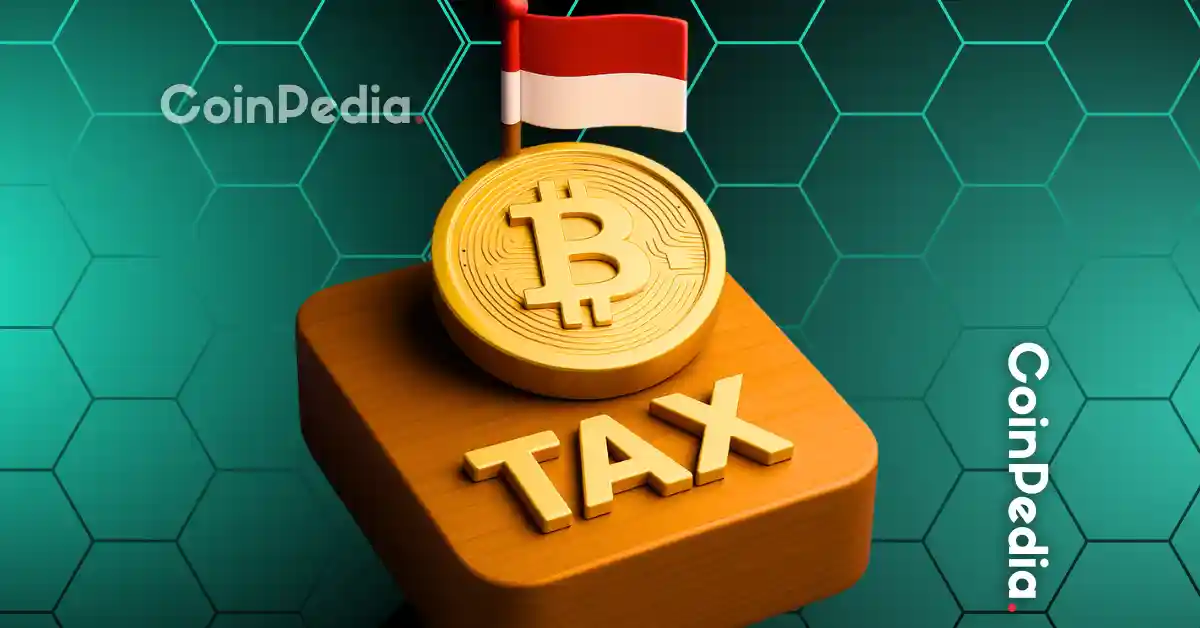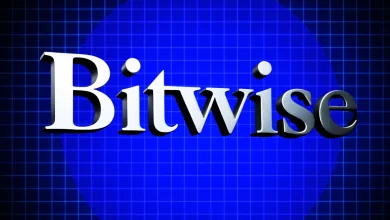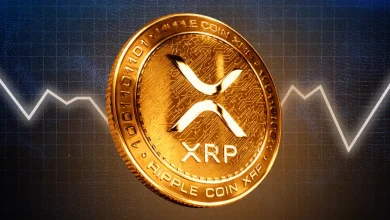
Indonesia is tightening crypto taxes. Starting August 1, new rules will raise taxes on crypto trades, especially on those using foreign platforms. The move highlights the government’s intent to capture a larger share of revenue from a booming sector that now boasts over 20 million users, outpacing the country’s traditional stock market investor base.
New Rates Target Offshore Activity
Sellers trading on domestic exchanges will now pay a 0.21% tax on the transaction value, up from 0.1%. But the biggest change hits overseas players; those trading through foreign exchanges will see their tax rate jump from 0.2% to a steep 1%.
In a bid to simplify domestic participation, the government scrapped the value-added tax (VAT) for buyers. Previously, buyers paid between 0.11% and 0.22% VAT depending on the nature of the asset.
Meanwhile, crypto mining has also been pulled into the overhaul. The VAT on mining activities has doubled from 1.1% to 2.2%. Plus, a 0.1% special income tax on mining has been abolished. From 2026, miners will instead be taxed under standard personal or corporate income tax brackets.
Also Read : Global Crypto Adoption Report 2025
Industry Reaction: Mixed but Hopeful
Tokocrypto, a Binance-backed exchange operating in Indonesia, cautiously welcomed the new policy. The company said the regulatory shift reflects a broader reclassification of crypto from commodity status to a financial asset class. However, it urged the government to provide a transition period of at least one month to allow businesses to adapt.
In a statement, Tokocrypto also highlighted the need for better tax enforcement on foreign exchanges and proposed fiscal incentives to balance out what it described as a relatively high tax burden, especially when compared to the capital gains tax on equities.
Indonesia’s crypto market has seen explosive growth, with total transaction value tripling in 2024 to over $39 billion. The latest tax measures mark a significant step in the country’s effort to formalize and regulate its rapidly expanding digital asset landscape, while also aiming to level the playing field between local and global platforms.
Trust with CoinPedia:
CoinPedia has been delivering accurate and timely cryptocurrency and blockchain updates since 2017. All content is created by our expert panel of analysts and journalists, following strict Editorial Guidelines based on E-E-A-T (Experience, Expertise, Authoritativeness, Trustworthiness). Every article is fact-checked against reputable sources to ensure accuracy, transparency, and reliability. Our review policy guarantees unbiased evaluations when recommending exchanges, platforms, or tools. We strive to provide timely updates about everything crypto & blockchain, right from startups to industry majors.
Investment Disclaimer:
All opinions and insights shared represent the author's own views on current market conditions. Please do your own research before making investment decisions. Neither the writer nor the publication assumes responsibility for your financial choices.
Sponsored and Advertisements:
Sponsored content and affiliate links may appear on our site. Advertisements are marked clearly, and our editorial content remains entirely independent from our ad partners.







